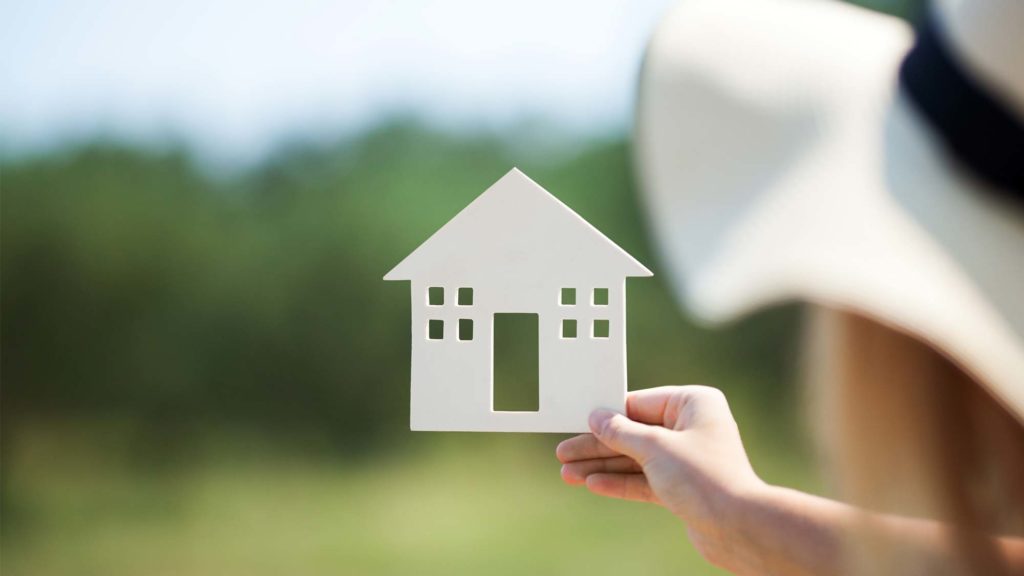Your budgeting journey doesn’t end at the closing of your new home. After that, you’ll face more major expenses, including maintenance and minor repairs. At some point, you have to replace some of your fixtures and appliances, too.
If you’re new to homeownership, an excellent way to save costs and maximize the value of your investment is opting for a pre-selling house and lot. Such is a property being sold before its completion. In other words, you’ll be paying for a home that hasn’t been built yet.
But it has its advantages. Its introductory price can be 30% cheaper than a finished house’s cost. The developers may also offer a 10 to 15% discount, or flexible payment terms, in which the down payment can be as low as 10% of the full price, and payable in three years.
Suffice to say, a pre-selling property gives you more elbow room for budgeting. As you take care of the down payment, you can set aside funds for home improvement. And as for the rest of the home’s price, you can fund it through a bank or a government-sponsored loan.
That said, here are the essential expenses you’ll incur after buying your first home:
1. Latent Defects
Even brand-new homes can have defects, and they’re potentially costly to repair. A concrete slab could be cracking, floor warping, etc. The plumbing work may also be faulty.
Research the builder’s reputation to avoid having to spend on major repairs. Invest in the services of a home inspector who isn’t associated with the builder so that you can obtain accurate findings. Also, thoroughly scan the warranty before closing the deal.
2. Missing Necessities
Low-cost newly-built homes usually lack necessary features such as an efficient kitchen, landscape garden, and window coverings. If you’re not willing to spend extra to have those features added, ask the seller what’s included in the price of the home.
But if your budget can only allow for an incomplete space, factor in the additional expenses in your plan. In this case, you might have to put up with the missing necessities for a time before you can fully enjoy your new space.
3. Kitchen or Bathroom Upgrade
Since newly-built homes may lack an efficient kitchen, upgrading it will be a requirement. You’ll need the necessary appliances, and possibly, an extension. Your expenses will be bigger if you opt for new countertops as well. Similarly, a bathroom upgrade will add up to the costs, especially if you’d overhaul it.
Using your credit card for these upgrades may be easier, but you can save more by paying in cash. That way, you’ll avoid high-interest rates and finance charges.
4. Real Estate Taxes and Homeowner’s Insurance
These fees are typically, but not always, included in your monthly home loan payments. Even in a fixed-rate loan, the amount you’ll pay can still rise or fall due to the changes in taxes and insurance premiums.
5. Homeowner’s Association
Once you’re already a homeowner in a specific community, you’ll automatically become a part of its homeowners’ association. As such, you’ll be subject to dues that may range in amount. You can pay for them yearly, but it’s wiser to choose a monthly term to avoid outlaying one large sum each year.
6. Maintenance and Upkeep
An average homeowner spends $2,000 every year on home maintenance, according to a Bankrate survey; that includes landscaping, housekeeping, and monthly repairs. Major repairs or upgrades, such as an A/C or roof replacement, aren’t covered by the said amount.
Rob Jones, a certified financial planner with Hutchins & Haake CPAs in Overland Park, Kansas, advises homeowners to keep 1% to 2% of their home’s value for yearly upkeep. Increase the range the older your home gets.
Owning a home undoubtedly comes with a mountain of responsibilities. Hence, before investing in one, you must be prepared and mature enough to handle the financial obligations on your way.
